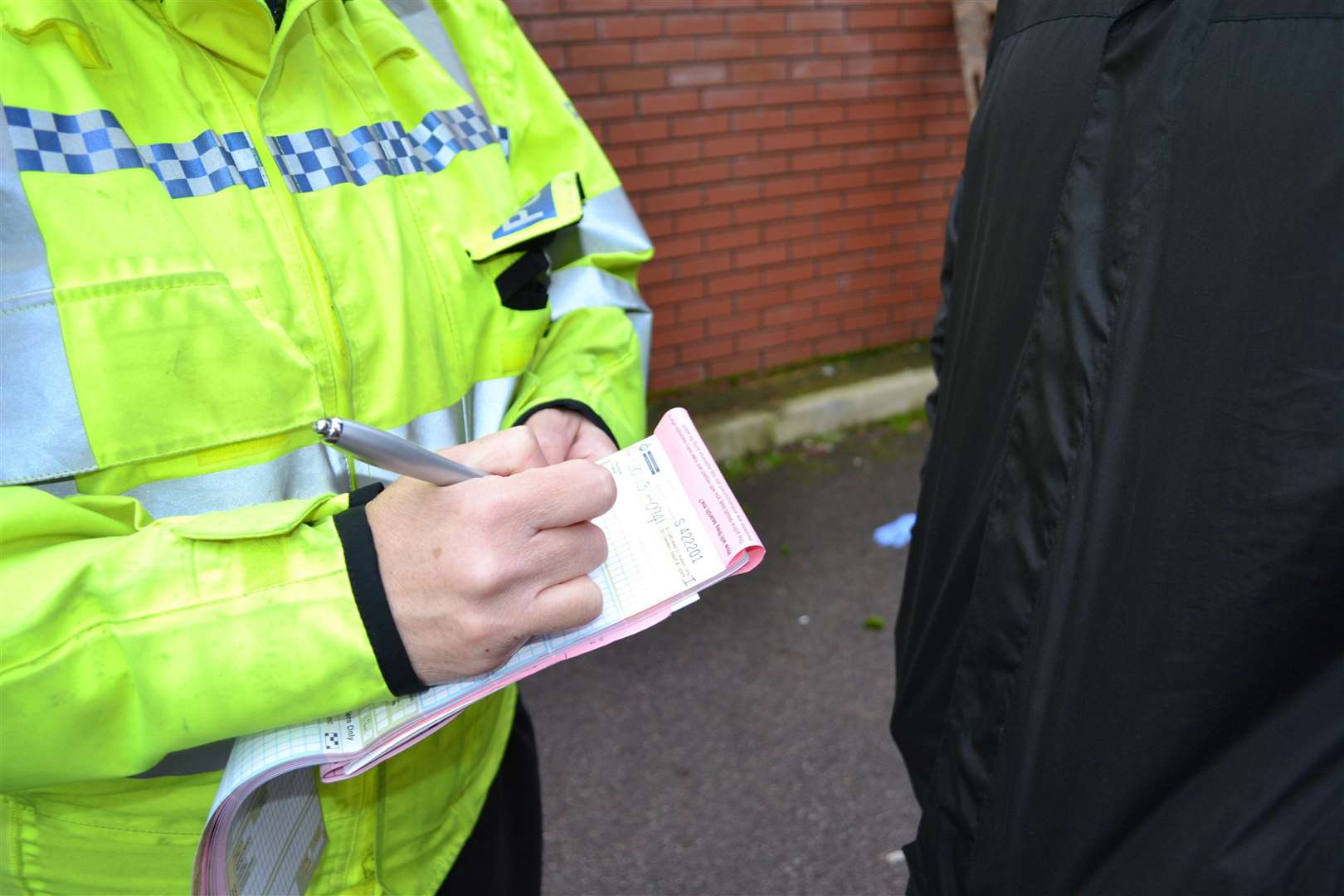Ethnic groups in Kent up to 22 times more likely to face police stop and search than white people
Published: 06:00, 21 June 2019
Updated: 07:12, 21 June 2019
Police officers have been told they "need to be aware of their own bias" as figures show ethnic minority groups in Kent are up to 22 times more likely to be stopped and searched than white people.
Figures analysed by KentOnline show a stark contrast in the number of people held up by officers depending on their cultural background - yet there is little difference in the proportion of people from each group who end up being arrested.
Black people in the county are six times more likely to be stopped and searched than white people.
Scroll down to hear from the chairman of the Medway African Caribbean Association

Meanwhile, a group categorised as "other" in the police's figures, which includes Chinese and Arab backgrounds, are all together 22 times more likely to be stopped and searched than white citizens.
Carol Stewart, chairman of Medway African Caribbean Association, believes there is an issue of unconscious bias in the police, which needs to be addressed.
Six in every 1,000 black people were stopped and searched between January and March compared to just one in every 1,000 white people.
This is worked out by comparing Kent Police figures on the number of stop and searches with the latest available Census population data from 2011.
Ms Stewart said: "It's quite concerning when people, innocently going about their business, are being randomly stopped and searched.
"It's nothing new - this has been an ongoing issue."
Kent Police figures show that, proportionately, marginally more white people ended up being arrested after a stop and search than black people.
Only 16% of black people were arrested compared to 18% of white people out of those who were searched during this period.
Other ethnic groups, including Chinese and Arabs, also had a relatively low number of arrests, with 17% being taken to the police station.
With 97% of Kent Police being white, Ms Stewart thinks the problem could be due to under-representation of BAME communities in the force.
But she feels a lack of confidence in officers is also a worry.
She said: "Some BAME victims of knife and gun violence are less likely to report crime because they fear they'll get into trouble as they don't have confidence in the police.
"There needs to be a concerted effort to change this."
Kent Equality Cohesion Council chief executive Gurvinder Sandher also chairs the stop and search scrutiny panel but does not believe police are targetting people from particular communities.
He said: "If they are stopping people from diverse backgrounds it is most likely intelligence-led instead of just a random search.
"For example, police may get a tip-off about particular operations and so target certain areas or groups because of this.
"We look at random video footage to make sure police are adhering to legislation and we do sometimes notice things could have been done a little better, like with the way officers communicate with members of the public.
"We are fully aware of the disproportion and we are trying to hold police to account, understand what's going on and provide feedback."
Detective chief superintendent Andrew Pritchard said his officers do not discriminate because of someone's race, sex, age or any other personal factor.
He said: "Our officers are given clear guidance on appropriate use of stop and search powers to ensure all encounters are fair and effective.
"This is reflected in the 'outstanding' grade given by Her Majesty’s Inspectorate of Constabulary and Fire and Rescue Service.
"The numbers cannot be accurately compared to the 2011 census data, which does not include drug dealers travelling from London and the fact that Kent is the gateway to Europe with a large number of non-Kent residents passing through.
"Our use of stop and search is scrutinised every three months by an independent police advisory group, with members from diverse communities who ensure decision-making is justified."
Matthew Scott, the Police and Crime Commissioner for Kent, added: "While it is true people from BAME groups are disproportionately affected by stop and search, Kent Police are not using the power discriminatingly.
"I know officers are trained to use the power when they have reasonable grounds to do so and I hope the public are reassured it is being used as an intellegence-led way to make communities safer."
For the latest crime stories, click here
For the updates on crime news, join the Kent Crime group on Facebook.
Read more: All the latest news from Kent
More by this author
Rebecca Tuffin